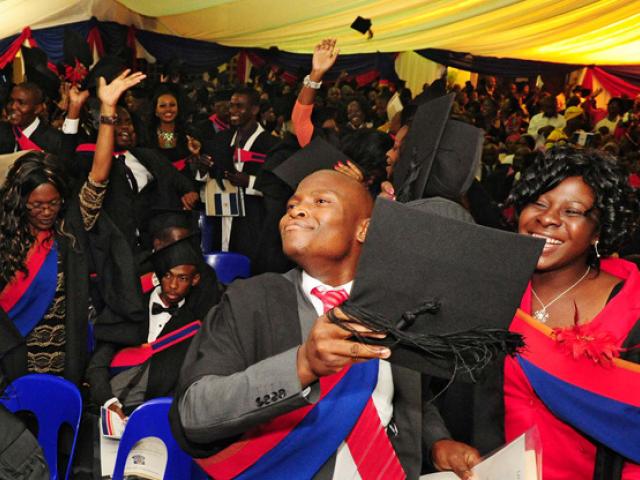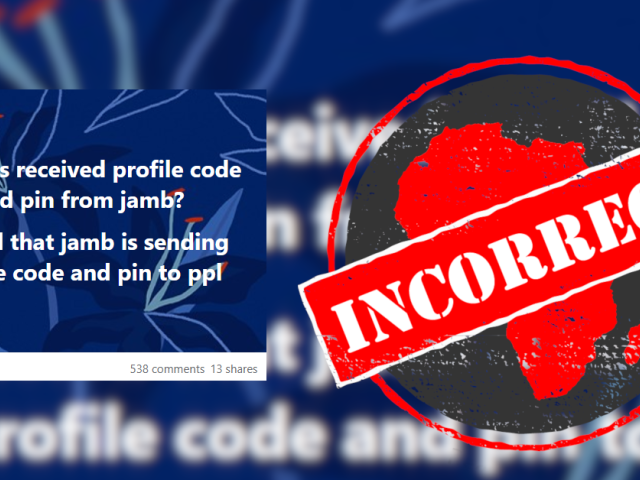| First came the DZP, then the ZSP, and in September 2017 the latest iteration arrived: the ZEP (Zimbabwean Exemption Permit). Holders of the ZSP can start applying for the new ZEP through VFS Global from 15 September 2017 at a cost of R1,090. The permit will be valid from 1 January 2018 to 31 December 2021. Find details on the department of home affairs website. |
When tougher new immigration rules were first announced by the South African government earlier this year they sparked panic and uncertainty among many Zimbabwean expats living and working in the country. Some feared losing their jobs, others believed that it was nothing more than a ploy to force them out.
"It's like they're chasing us out, they're killing us," a Zimbabwean immigrant told one newspaper.
On 12 August 2014, South Africa’s Home Affairs minister, Malusi Gigaba belatedly tried to ease those fears, announcing that a new permit had been created to re-register Zimbabwean nationals. Perhaps most significantly, they will not have to return to Zimbabwe to apply for it.
Holders of the new Zimbabwean Special Dispensation permit will be eligible to remain in South Africa until the end of 2017.
What is the Zimbabwean Special Dispensation permit?
The Zimbabwean Special Dispensation permit (ZSP) is the successor to a permit issued as part of the Home Affairs department’s rather clumsily named Dispensation of Zimbabweans Project (DZP) which was implemented in April 2009.
The aim of the DZP was to create a record of Zimbabweans who had, until then, been living illegally in South Africa. It was also intended to provide an amnesty to Zimbabweans who had been using fraudulent South African identity documents. Many of the Zimbabweans living in South Africa had fled the political violence, instability and economic crises that had dogged their home country for more than a decade.
As part of the DZP, the Home Affairs department waived some permit requirements and application fees. Zimbabweans were also allowed to submit their applications without all the usual supporting documents, such as passports, to speed up the process. (In many instances those documents had been lost in the scramble to safety in South Africa.)
Applications for the original DZP permits could be submitted from 1 September 2010 to 31 December 2010. During that window Home Affairs had received 294,511 applications (242,731 were granted, with 51,780 either rejected or not finalised) for DZP permits to work, study or conduct business in South Africa. These were valid for four years from the date of issue.
All DZP permits will be considered null and void from 31 December this year.
What happens when the current DZP permits expire?
DZP permit holders that would like to remain in South Africa have two choices. If they meet the requirements for a regular study, work or business visas they can apply for them, but they need to do so in Zimbabwe.
The second option is to apply for the newly introduced Zimbabwe Special Dispensation Permit (ZSP). Only applicants that are on the DZP database - even if they were denied a DZP permit - may apply for the ZSP.
No new applications will be considered and applicants must possess a valid Zimbabwean passport and evidence of employment, business or accredited study.
The ZSP will be valid for three years. Once that time is up, all Zimbabweans with ZSP permits will be required to apply for standard study, work or business visas in order to remain and will have to return to Zimbabwe to do so.
Applying for a ZSP permit
From 1 October 2014, applicants will have to apply online through VFS Global, an international company that the government has contracted to process the applications. Four new VFS offices will be opened in Midrand, Cape Town, Polokwane and Durban to cope with the large numbers of applicants expected, in addition to the existing centres in George, Port Elizabeth, Kimberley, Bloemfontein, Nelspruit and Rustenburg. (Find the office addresses here.)
The form is available at www.vfsglobal.com/zsp/southafrica and the cost of the permit is R870 per application for an adult; R800 for a minor. The amount can be paid into the VFS bank account or with a credit or debit card at a VFS Global office.
Applicants need to fill in an online form and submit it before 31 December. Afterwards they must phone the VFS Global contact centre (+27 87 825 0675) to schedule an appointment before 30 April 2015, while allowing enough time to obtain supporting documents. Rescheduling will only be allowed under special circumstances
At the appointment applicants need to submit their application in person and then a digital finger scan and digital photograph will be taken. These documents must be produced at their interview:
-
The completed online form. Handwritten forms will not be accepted
-
Appointment acknowledgement (letter or SMS from VFS call centre)
-
Original documents for verification while submitting certified photocopies
-
Original passport
-
Copies of passport and previous visas/permits
-
Payment receipt for each applicant
-
As per the permit category applied for the documents below will be required
| ZSP permit category | Requirement |
| Work | Sworn affidavit from employer |
| Own business | Business registration document SARS tax clearance certificate |
| Study | Institution of learning admission letter |
Applicants are required to have a clean police record but, according to Home Affairs spokesman Mayihlome Tshwete, they will not have to obtain a police clearance certificate themselves. VFS Global will compile a list of names and submit them to the South African Police Service for clearance.
A ZSP permit will not be automatically issued as the Department of Home Affairs will adjudicate the application.
Put specific questions to the agency at +27 87 825 0675 or [email protected]. (VFS warn that they are experiencing high call volumes and requested that applicants consult their Frequently Asked Questions page first.)
Lawyers for Human Rights (LHR) are available to assist and advise applicants. Kaajal Ramjathan-Keogh from LHR said that the VFS website was initially overloaded and crashed a few times, but they had been able to submit applications on behalf of Zimbabweans since. Phone their offices: Johannesburg on 011 339 1960, Pretoria on 012 320 2943 or Durban on 031 301 0531.





Add new comment